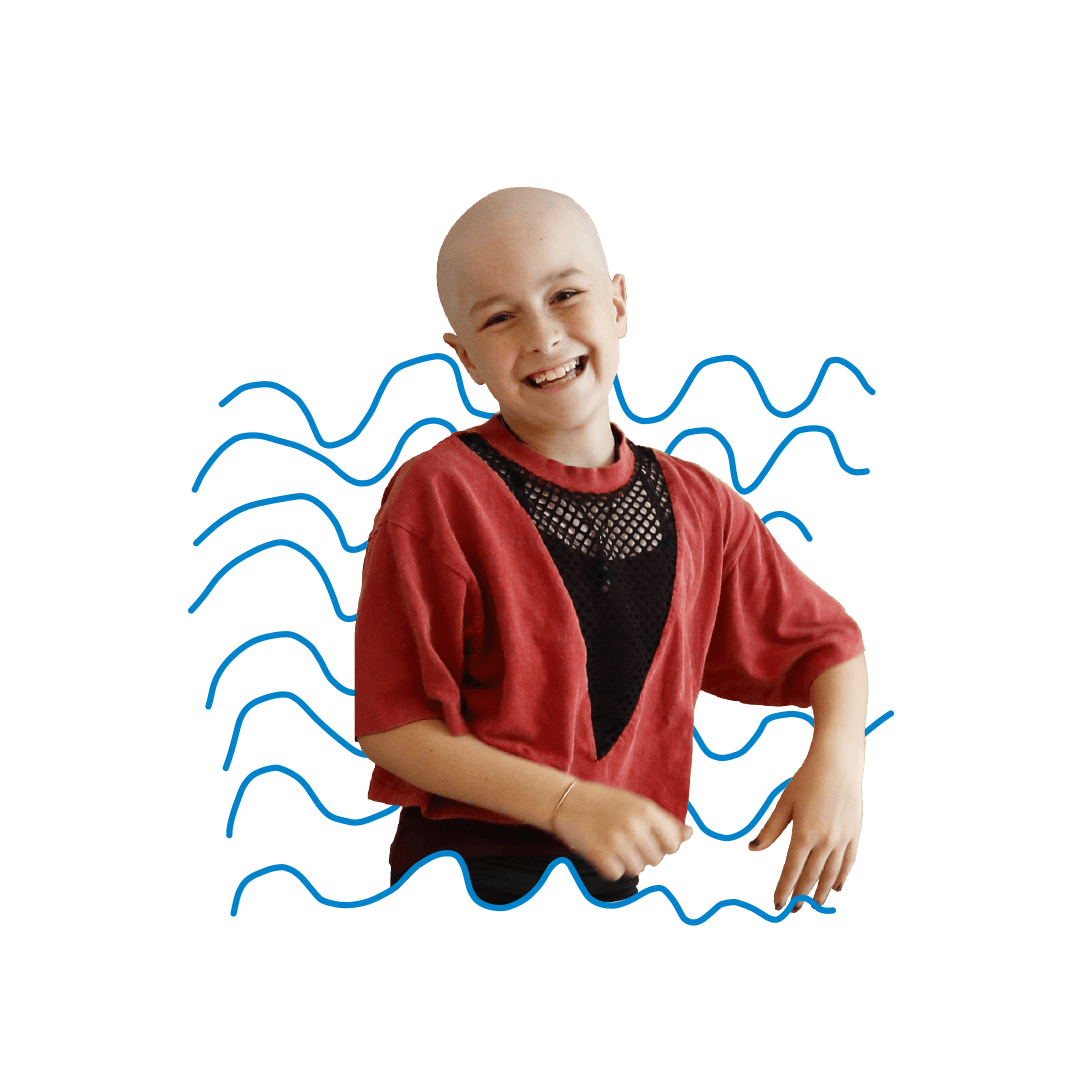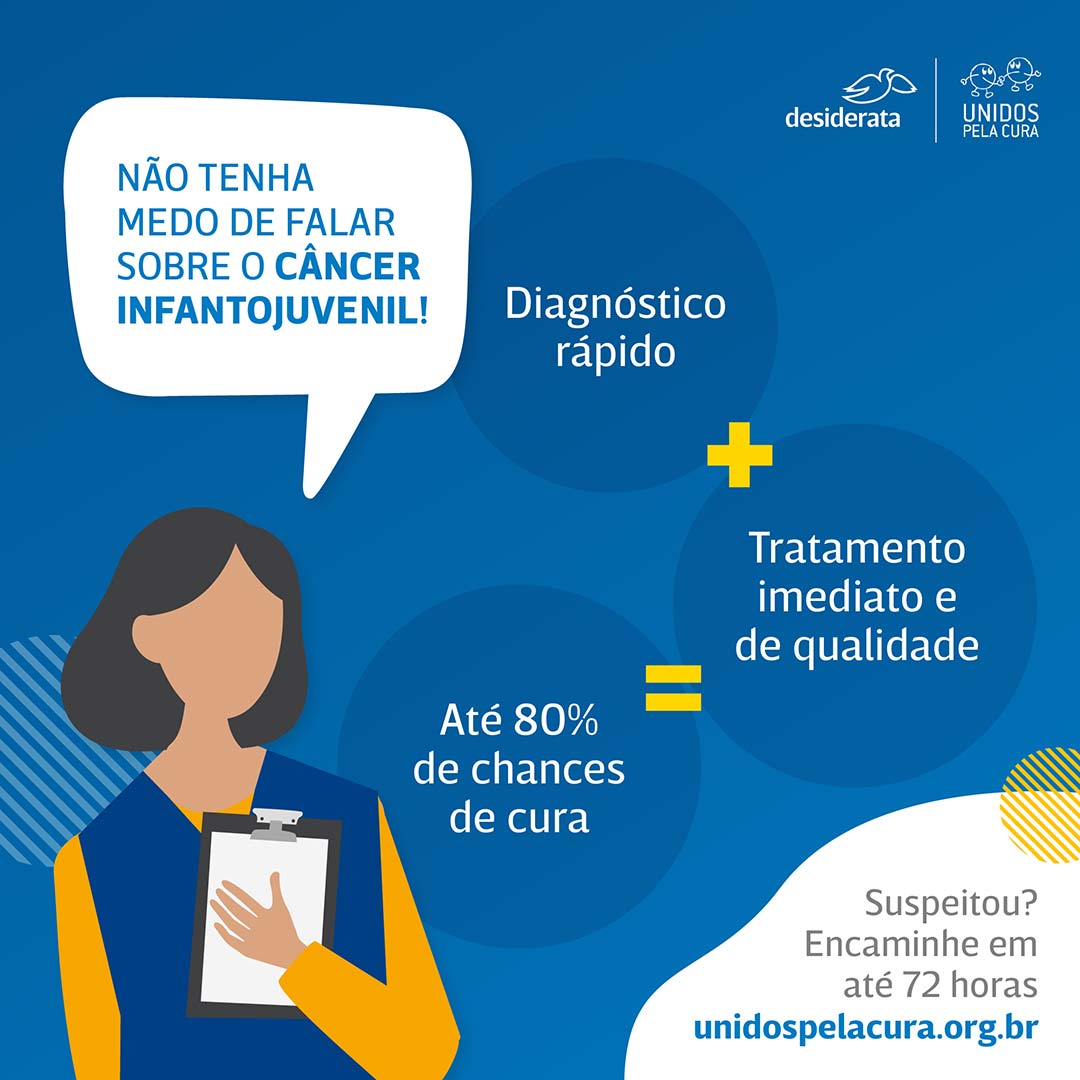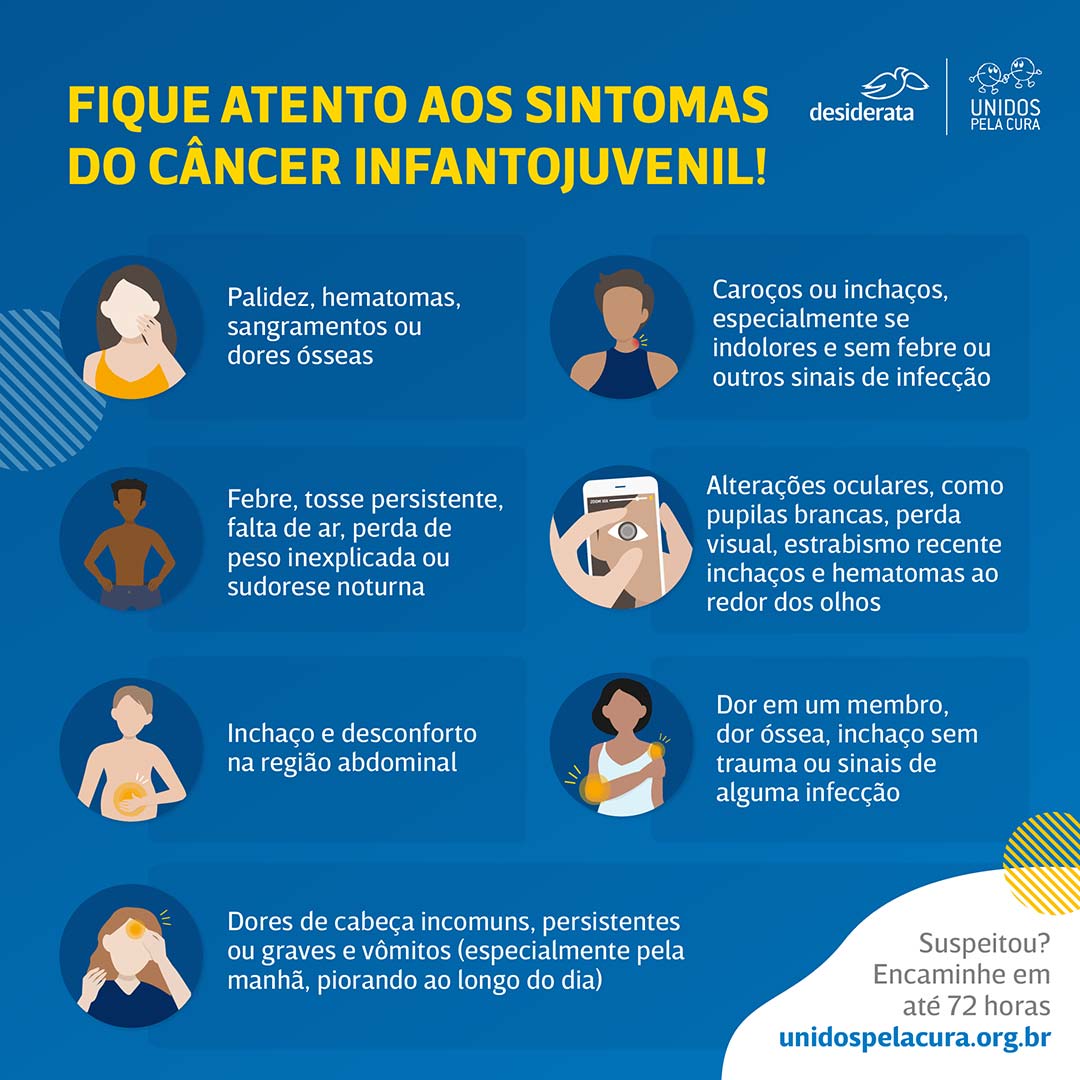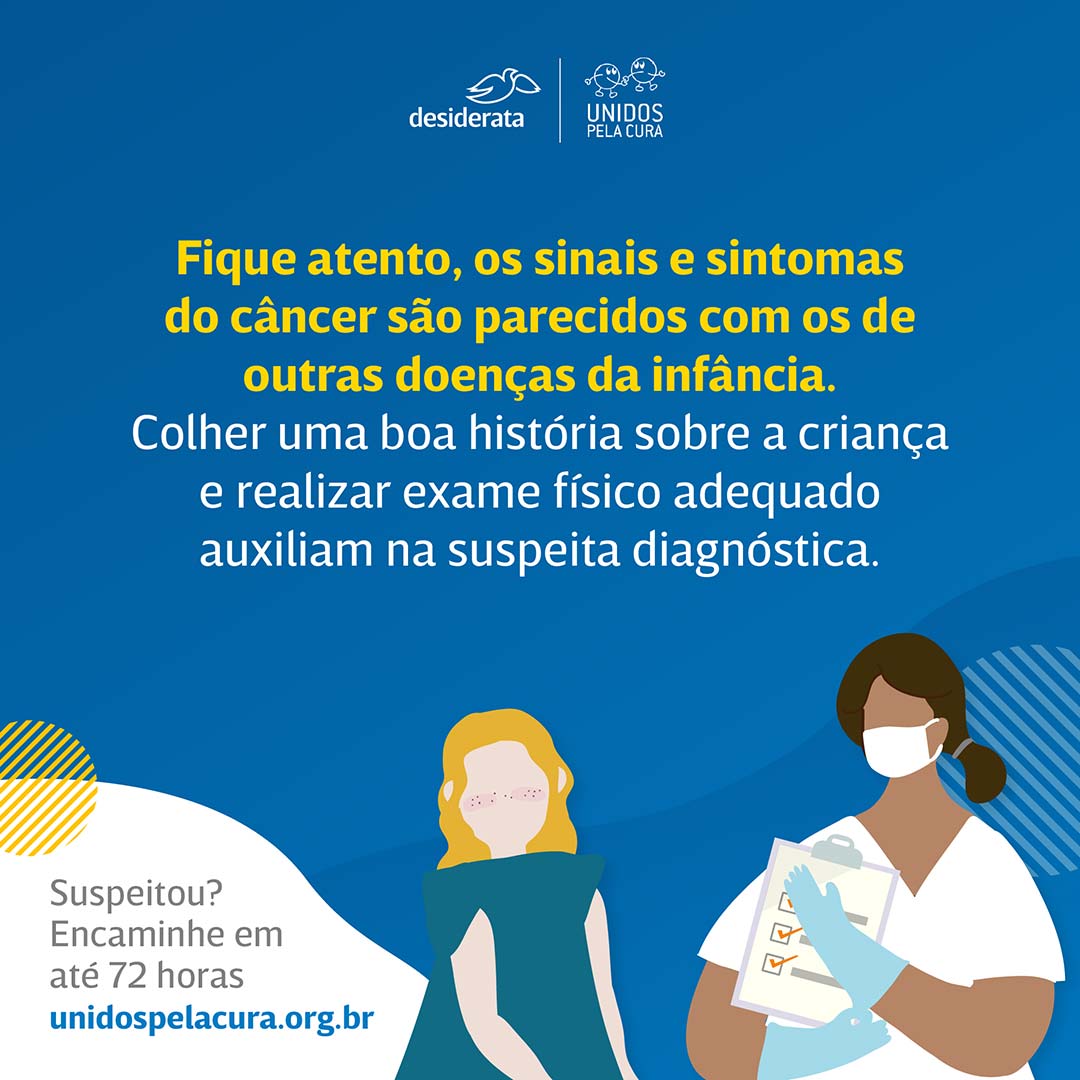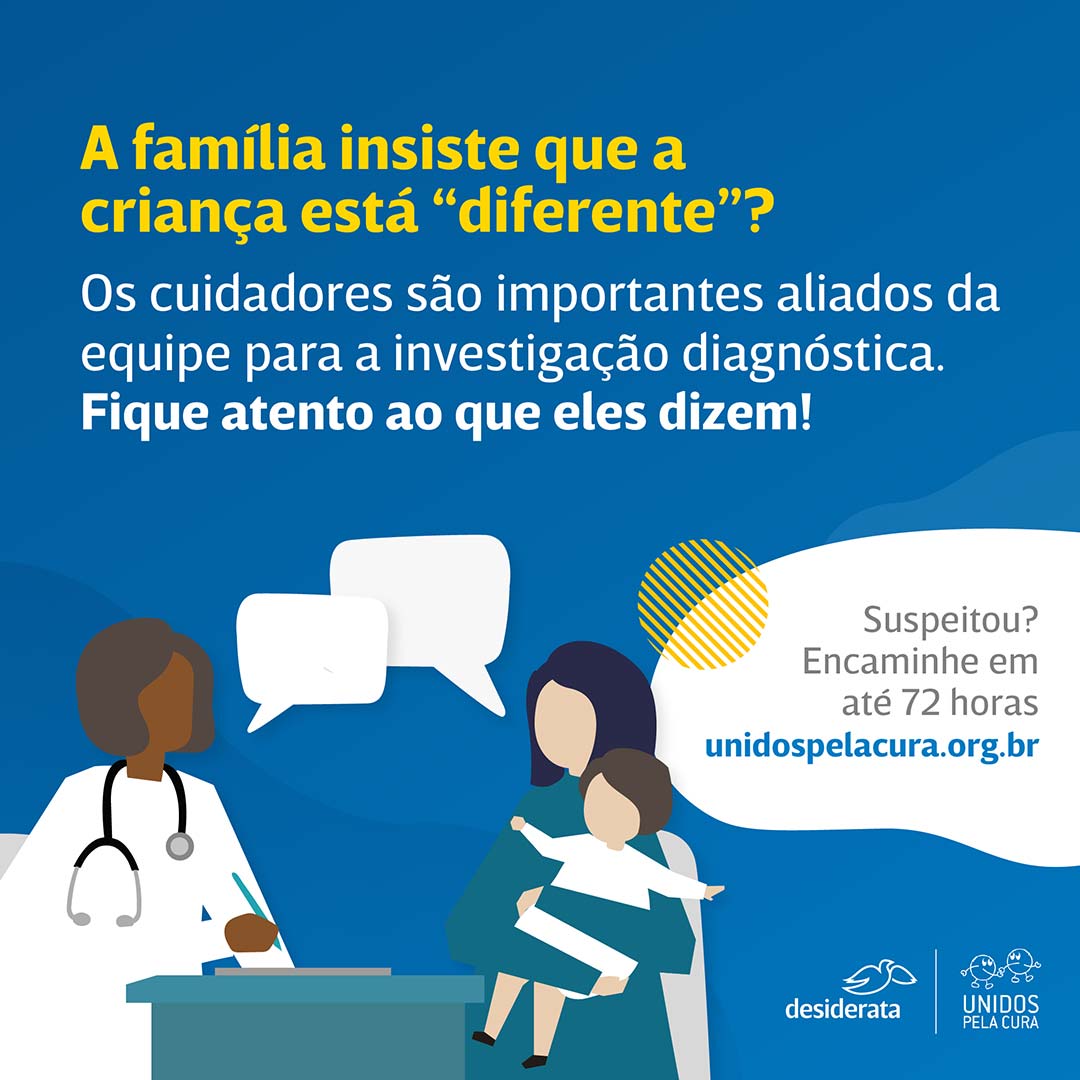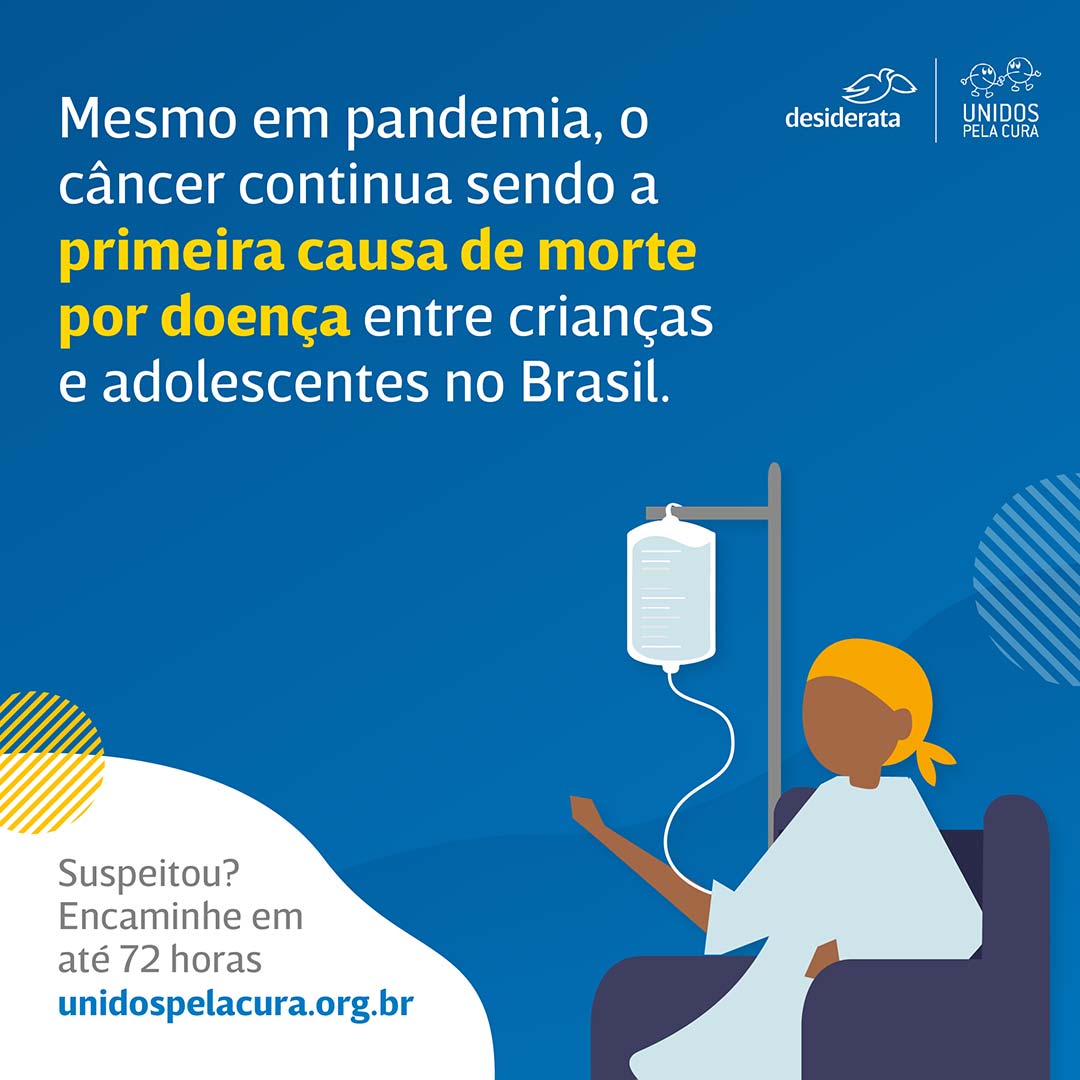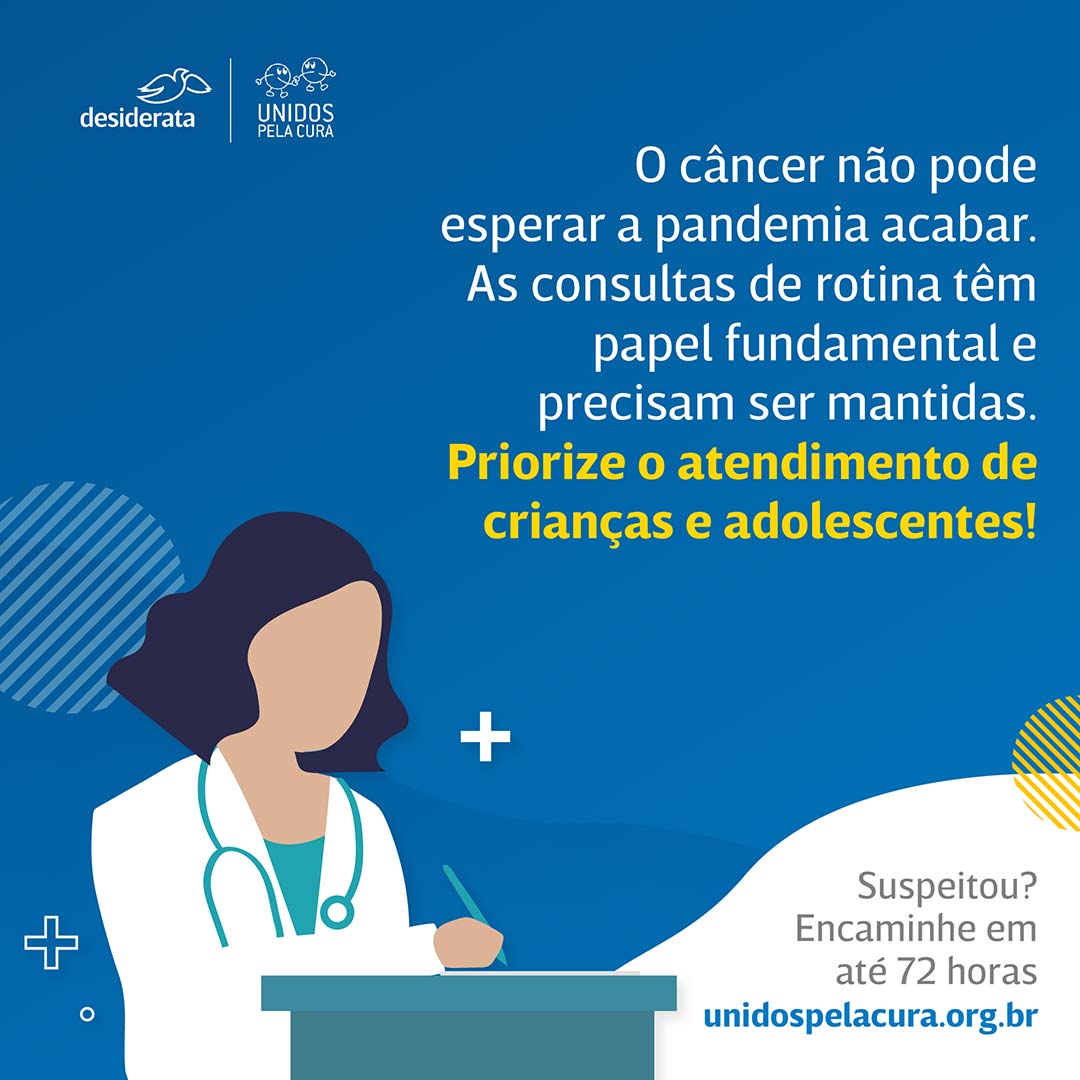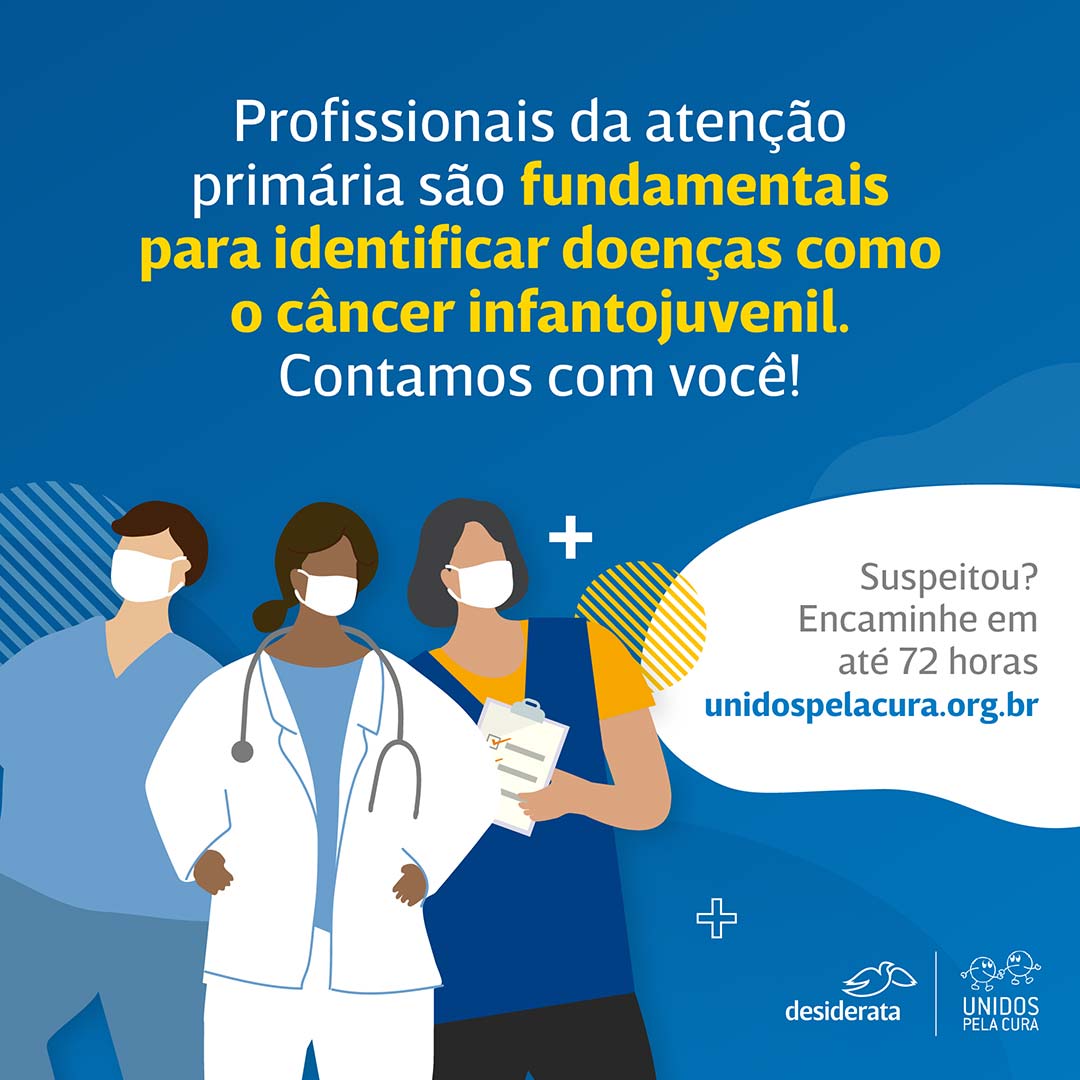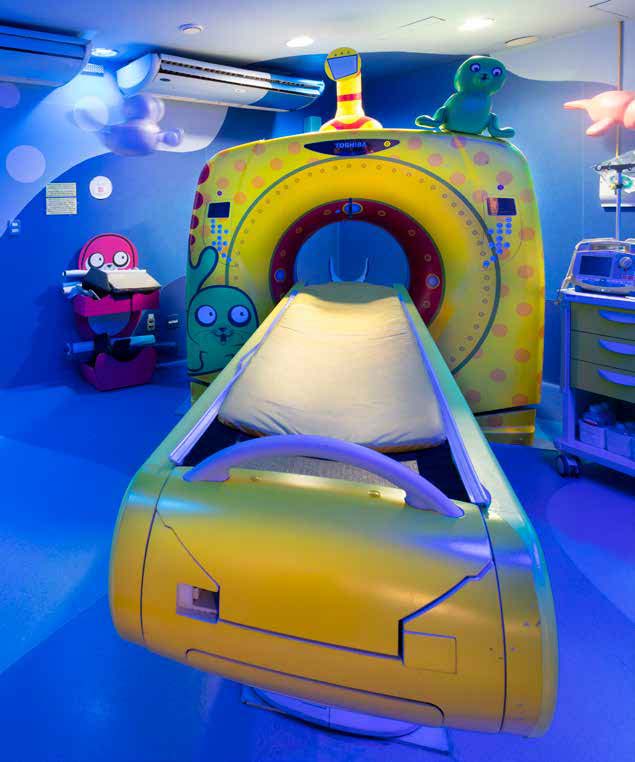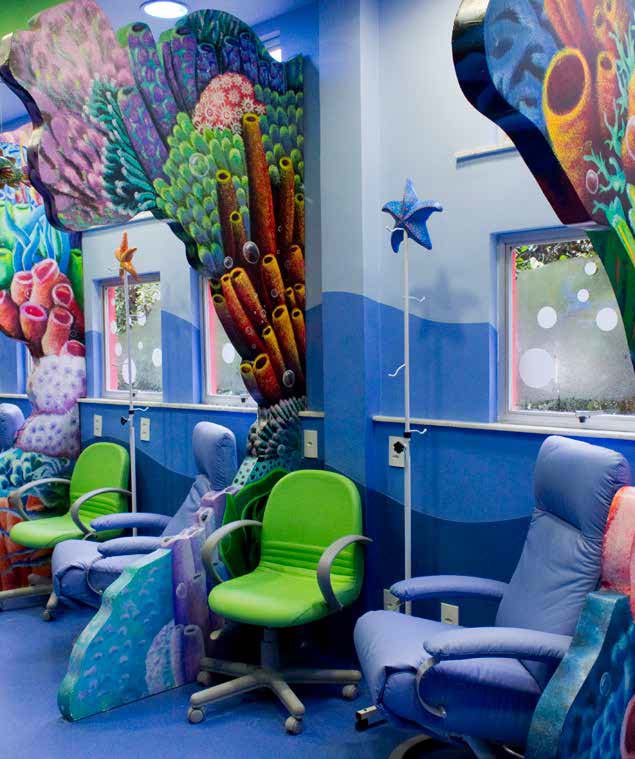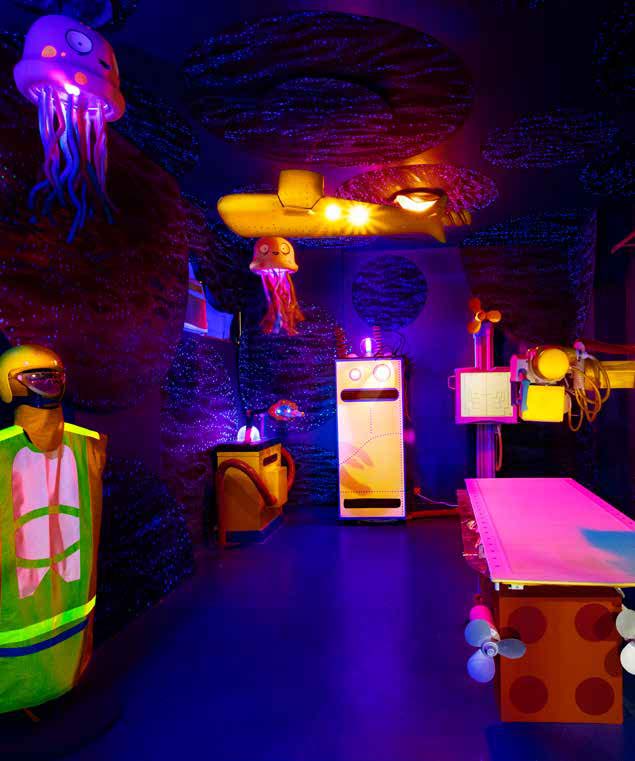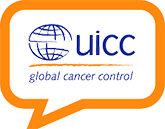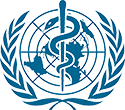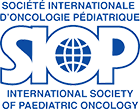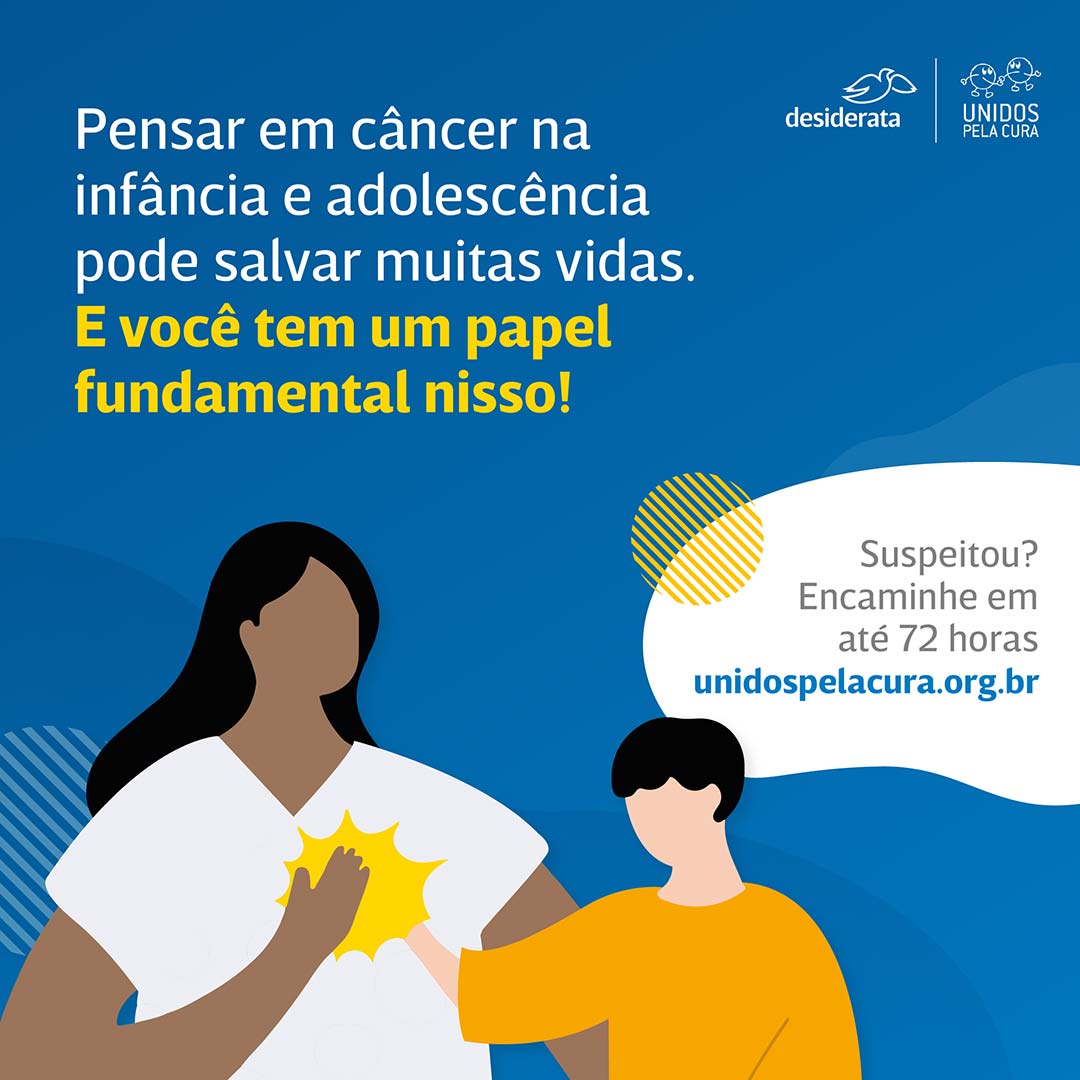
Childhood Cancer
Cancer is the leading cause of death by disease in Brazilian children and adolescents between the ages of 1 and 19. Childhood cancer is not only rarer and generally more aggressive than cancer in adults, but it also has no effective preventive measures. Its survival rates are, nonetheless, high. Early diagnosis and speedy access to quality treatment can increase this rate up to 80%.
In the face of the Covid-19 pandemic, we have adapted our actions according to the new reality imposed on everyone. Some projects were postponed, and others were adapted. These included awareness-raising materials that became digital products, as well as events, meetings, and summits, which were held in an online format. We were also aware of the main needs of our partner hospitals. As a result, we donated personal protective equipment (PPEs) to their health workers and facilitated the transportation of children to treatment.

